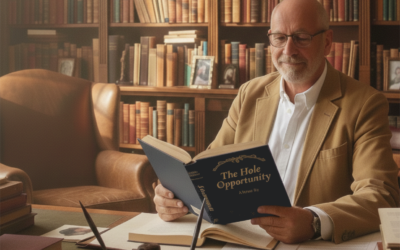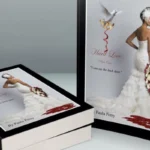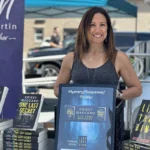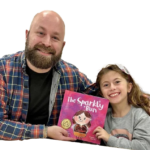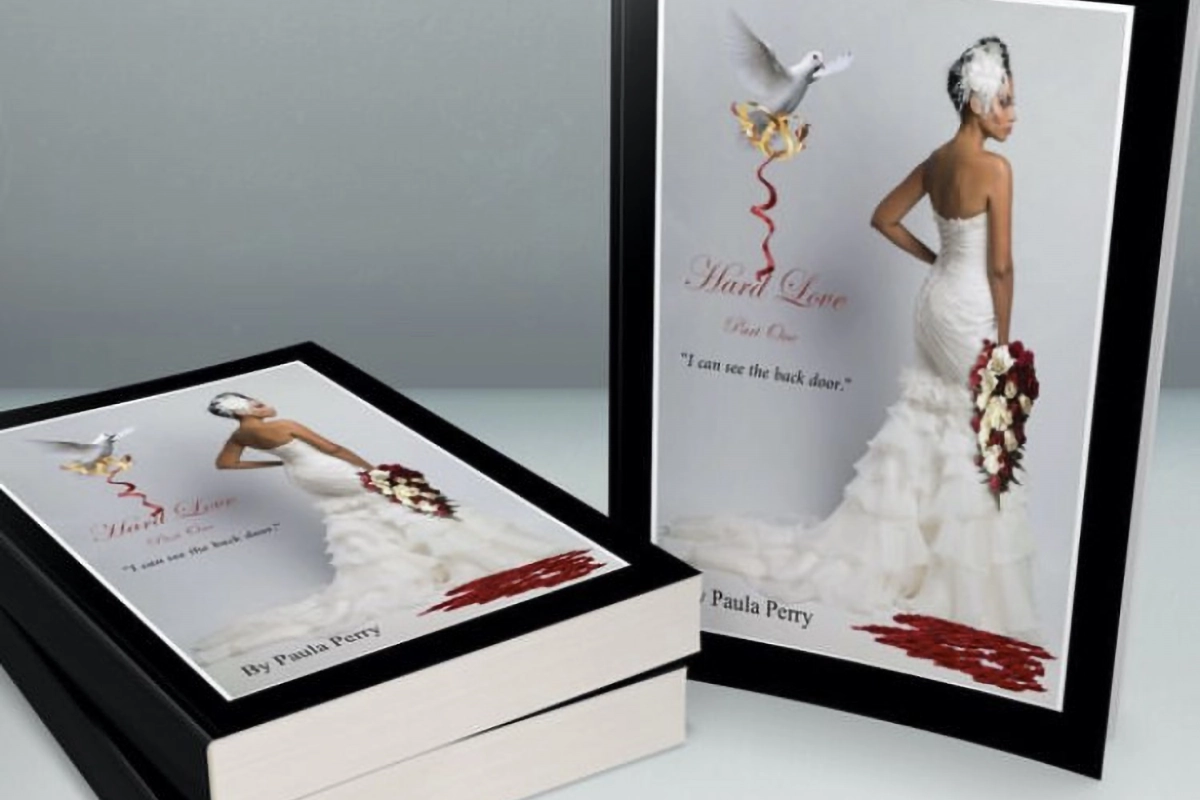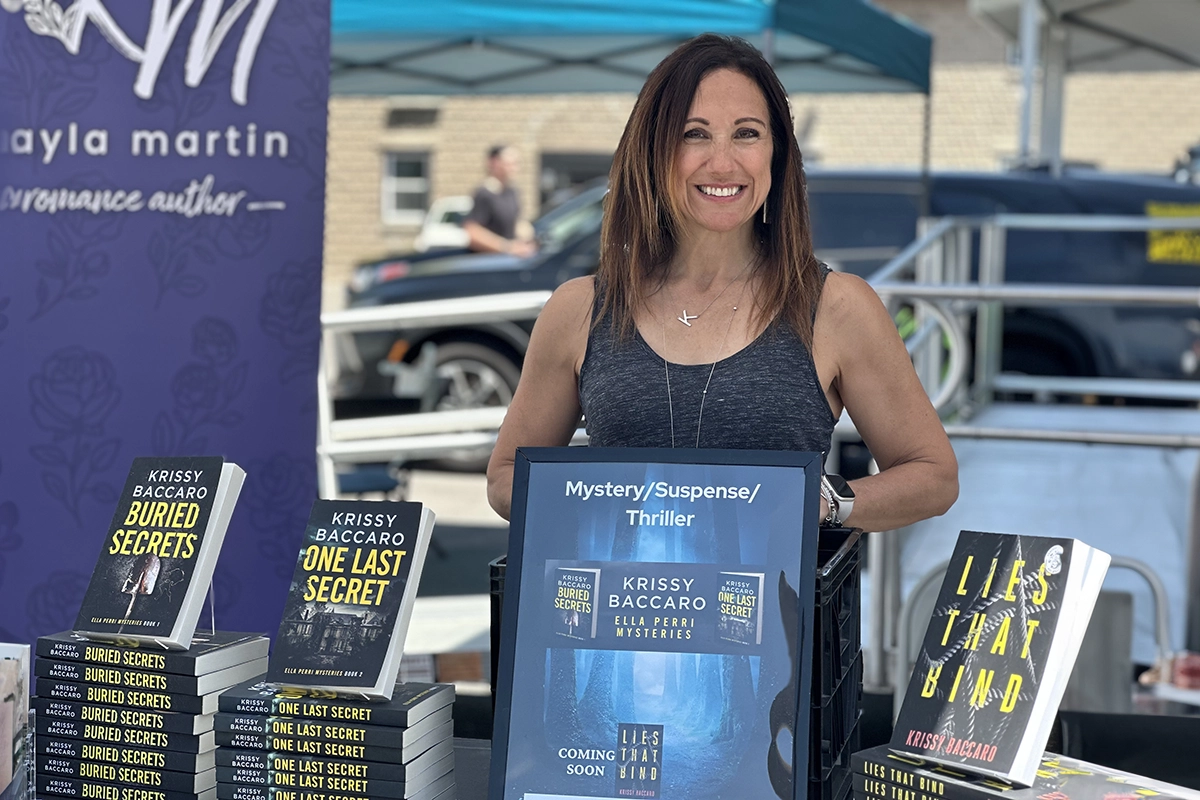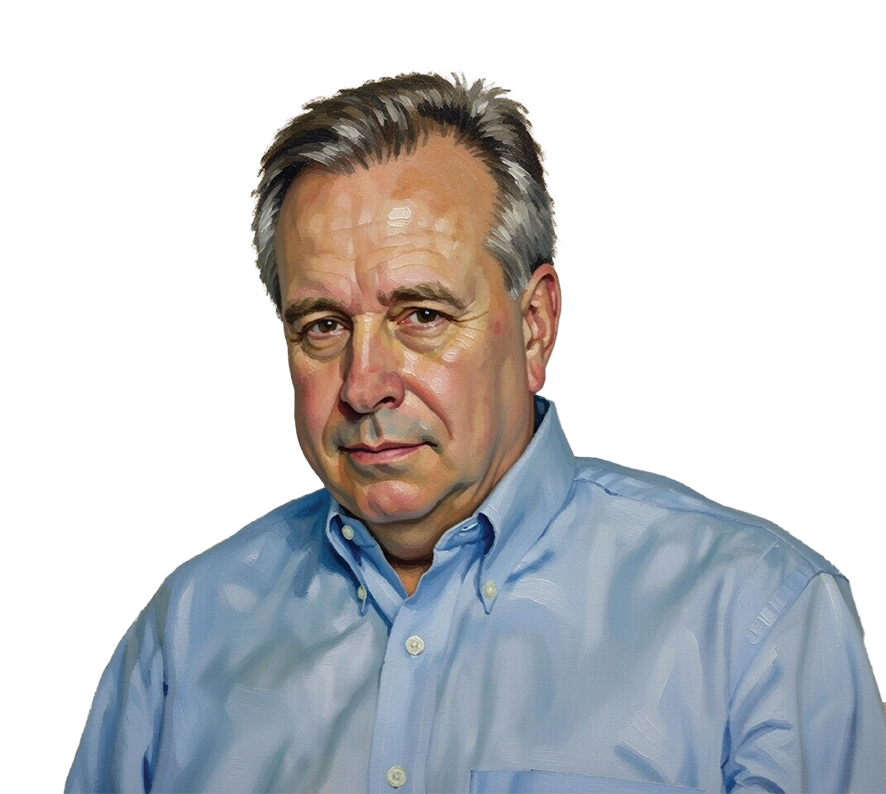Bonnie Traymore Elevates Psychological Thrillers With Bold Storytelling And Relatable Characters

Photo: Bonnie Traymore, Amazon bestselling author of ten psychological thrillers, whose compelling plots and strong protagonists redefine the boundaries of suspenseful fiction.
Strong Protagonists And Twisty Plots
Bonnie Traymore discusses her bestselling psychological thrillers, her creative evolution, inspirations for characters, and crafting riveting narratives layered with suspense, wit, and moments of startling emotional clarity.
Bonnie Traymore is a masterful storyteller whose thrillers have captured the hearts and minds of readers worldwide. With ten Amazon bestselling psychological thrillers to her name, Traymore has built an extraordinary body of work that delves deep into the complexities of human relationships and the shadowy undercurrents of suburban American life. Her novels, rich with suspense and emotional depth, feature strong and relatable female protagonists navigating jealousy, infidelity, murder, and psychological turmoil—all with an unmistakable flair that blends riveting tension with moments of humor and romance.
Traymore’s academic expertise in U.S. history, combined with her sharp observational skills, lends a distinct authenticity to her narratives, making each of her novels a unique exploration of ambition, consequence, and human resilience. Whether immersing readers in the tech-driven urgency of Silicon Valley or unveiling the haunting histories of the Hudson Valley, Traymore has an uncanny ability to transport us into the lives and minds of her characters. It’s no wonder she continues to earn accolades as a writer who pushes the boundaries of psychological fiction while keeping her narratives both relatable and entertaining.
Bonnie Traymore opens up about her inspirations, creative process, and the evolution of her writing—as well as her newest release, The Rich Guy’s Wife. A cautionary tale wrapped in suspense, Traymore’s latest novel promises twists and turns that exemplify her rising storytelling finesse. In this illuminating conversation, we celebrate an author whose works not only captivate but resonate deeply with readers across the globe.
Bonnie Traymore’s thrillers showcase masterful storytelling with strong characters, captivating twists, and relatable themes that resonate universally with readers.
Your latest release, The Rich Guy’s Wife, delves into themes of ambition and consequence. What inspired you to explore this particular narrative, and how does it reflect your evolving storytelling style?
This book was inspired by the time I spent as a single woman in Manhattan, dating and trying to make a living, as well as stories I’ve heard from others and experiences of friends and coworkers who have struggled to make it there. It is completely fictional but truthfully, aside from the part where the protagonist is hiding in a closet was blood on her hands, much of it is based on reality. It is a very tough place to be struggling, and the allure of marrying up glimmers in the distance, an elusive but attractive prospect that sometimes isn’t all that it seems.
“I aim to create characters who are strong but vulnerable so that readers can relate to them.”
– Bonnie Traymore
As for this particular storyline, I thought it would be fun to explore the tension between the expectations Erin has of what that lifestyle would be like verses her reality, and compare her to her friend Lucy who doesn’t think she needs a man to live large. Also, early on in the book, a plot twist sort of forces Erin’s hand before she has a chance to really get to know Stefan. As a mom and a feminist, I see it as a bit of a cautionary tale, but I still wanted to have fun with it, so don’t worry, it doesn’t get too preachy. You may see a bit of me in Erin’s mother, in that she warns Erin against dating guys like Stefan, but she’s there for her when it all goes south.
Having authored ten psychological thrillers, you’ve consistently featured strong, relatable female protagonists. How do you ensure these characters resonate with readers, and what draws you to their complex journeys?
For my protagonists, I aim to create characters who are strong but vulnerable so that readers can relate to them. I’ve always gotten compliments on my twisty plots, but early on I feel like my character development needed work. Over time I tried to pay more attention to that aspect of the novel, making sure that their internal monologues and their actions made them interesting and compelling and the backstories were peppered in and not given in an info dump.
I’m not sure that a character has to be likable but they have to be interesting and believable. I have a lot of female friends so of course I have a pretty good supply of information as to what women say and do, but I can only guess at what goes on in other people’s heads. Usually, I have to write pretty far into the story to get the character right, and then I often have to go back and change the earlier chapters. Right now, I’m working on my first novel with a male protagonist and that is a little different. My husband is usually my first reader and he has been helpful checking me on the male point of view and internal monologue.
Your academic background in U.S. history has influenced your writing. Could you share an instance where your historical expertise enriched a storyline or character development in your novels?
Although I have that background, I have yet to write an historical thriller. Maybe someday! But I do drop in bits here and there, like in characters’ backstories, but only if it’s relevant. I love art history, so I’ll dabble with that also. For example, in The Rich Guy’s Wife, one of the side plots is that Stefan, Erin’s love interest, has a side business in art dealing, and that ties into some actual World War II history. Also, in Killer Motives and its sequel, Victoria is an art dealer specializing in the Hudson River School. I also talk about the history of the Hudson Valley region in that series, because one’s history is an important component of the contemporary social scene and the region is steeped in history and folklore, such as the Headless Horseman.
The Stepfamily and The Guest House are part of your Silicon Valley series. What aspects of this setting do you find most compelling for crafting suspenseful narratives?
I lived in Silicon Valley for eight years and my husband worked in biotech, but don’t worry, all of his exes are alive and well. Still, some aspects of the series are based on my reality. For example, my husband also worked in biotech like Laura’s husband, the protagonist of book one, and my daughter is deaf with a cochlear implant, like Allie, the protagonist in book two. With so much new wealth and the lure of hitting it big with stock options and start-ups, the region has its own zeitgeist. History is not important there, and it’s all about the future, so there’s no history in this series. I wrote this in present tense, to capture the urgency. I capitalized on the tension and competitive nature of the region, and also reflected on some of the pitfalls of technological advancement with no guardrails, but all in service of a twisty, page-turning plot.
Your debut mystery, Killer Motives, introduced readers to the Hudson Valley series. Looking back, how has your approach to writing evolved since that first book?
I wrote Killer Motives and Little Loose Ends in third person, past tense. While I still think past tense works for the region since it is steeped in history and folklore, if I could go back and change one thing, I’d have written my protagonist Victoria in first person. This allows readers to feel closer to the character. Also, as I said, I believe my character development has gotten better over time. Still, it was my first book and it meant so much to me because I dedicated it to my father. We shared a love of mysteries and thrillers. I was racing to get it out before he passed away and I missed it by about a month. But, he did see the cover and knew about the dedication, so that was nice. I really like the plot of Little Loose Ends, the frenemies vibe and how two women team up to go after a guy who really deserves it, a creepy professor from Victoria’s past. It’s not my most popular in terms of sales, but people who read it really seem to like it. That might mean I need a new cover!
As a member of both the International Thriller Writers and Mystery Writers of America, how has being part of these communities influenced your writing career and the development of your novels?
I am very involved with International Thriller Writers. I took their online thriller writer school when I started out, I listened to two years’ worth of Thriller Fest tapes, and now I’m on the other side of the table, attending Thriller Fest as an author, giving writing advice to aspiring writers. I’d say they’ve had a major influence on my development as an author. As far as Mystery Writers of America, I am not as involved because most of their activities are in person in places like New York, or for my chapter, Los Angeles. There was talk of starting a chapter with other mystery writers here in the islands, so maybe I’ll revisit that idea. I keep up with their happenings and read their literature.


